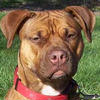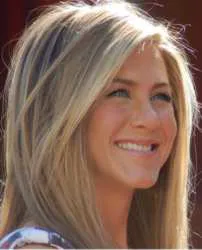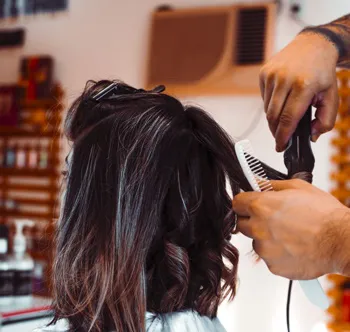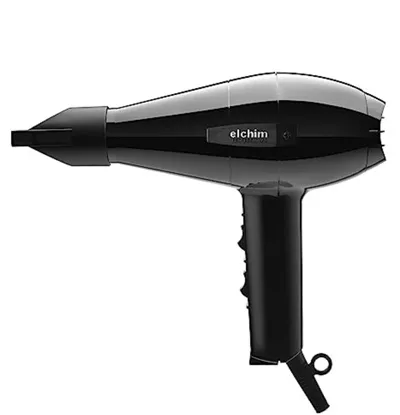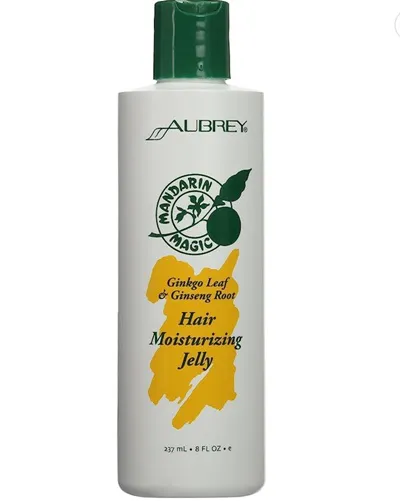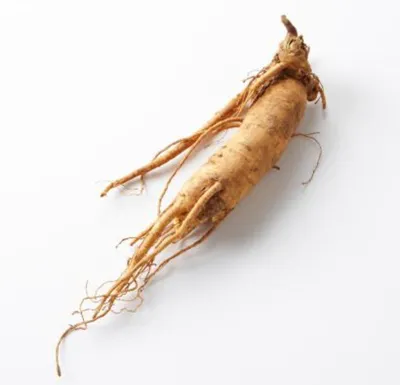Sometimes I wear a weave. No, I'm not flaunting a shamelessly obvious hunk of fake hair. My weave is not bulky and voluminous like those of the seventies and eighties. It's a sleek and coiffed look that attracts many compliments.
Like most sisters who have worn weaves, however, it has taken me a few weaves to get it right. Unfortunately, not all weaves are created equal. (And by the way, I am not nearly bald, either; I have a rather nice head of hair of my own!) But now I think I've earned the right to weave--or not to weave--with pride. Although I am rarely subjected to hair-raising taunts from people, particularly men, about weaves, wigs and extensions, I do feel the need to address the unfortunate verbal abuse that many Black women endure when they choose to extend their hair.
But due to lack of funds, the do-it-yourself method, poor-quality hair or had lighting, some sisters do not have believable or flattering weaves. Hence they become the object of hurtful jokes. If I hear another so-called comedian at the Apollo or on Def Comedy Jam utter one more weave joke, I'm going to scream!
Why don't these comedians direct their attention to women who walk around midtown with a full head of curlers or--even creepier--just one curler for a bang? Or people who cover their necks and chests with baby powder, thinking it will keep them cool during the summer? Aren't these the real eyesores of our community?
< =1.1 src="http://oascentral.looksmart.com/RealMedia/ads/adstream_jx.ads/www.findarticles.com/p/articles/tn_home/mi_m1264/@Middle">
At first a weave joke here or there can be humorous, but after a while it seems childish and border-line misogynistic. At one particular "round the way" club in New York, a cheesy deejay frequently chants, "All the women who have fake hair, say ho!" If this brother's idea of fun is to humiliate women who are there to have a good time, he needs to check himself! I wonder, would this kind of disrespect be tolerated in a White establishment?
It's common knowledge that Black women are sensitive to issues concerning our hair. We were in an uproar when Bo Derek was credited with originating cornrows. Yet we grapple with whether it is politically correct to straighten our hair, and we struggle in corporate America when we decide to have braids or dreads. But as my friend Martel says, if we allow people to control what is on our heads, we allow them to control what is in our heads.
No group's hair holds as much interest or fascination as Black women's. I once had a supervisor who asked me patronizing questions each time I changed a style. At first she just assumed my hair had to be artificial. When I changed it to curls, she actually had the nerve to put her hands into my hair for her own inspection. (I should have sued her for harassment!) Another ignorant supervisor pulled my ponytail off in front of a crowd. When I reported her, the incident was dismissed as an "accident." The truth is: To have your hair scrutinized, handled or critiqued by a White person is an indignity no sister should suffer.
Women of African ancestry have historically been creative with their hair. African women have used shells, colored cloth and other decorations to adorn it. Our ancestors also used wool and fabric to extend their hair. So, yes, our weaves, wigs and extensions have historical legacy.
Unfortunately, I've been conditioned in America to believe that the ultimate feminine image--a woman with long, flowing hair--is better. But truth be told, I'm not just bowing to societal pressure: I think I do look more attractive with relaxed and longer hair. Although I admire sisters who sport fierce short 'do's, I admit that sometimes I think they, too, would look better with longer hair.
To be honest, the decision to weave or not to weave continues to be a personal matter. I hope someday all the insanity and crude comments about weaves will be a thing of the past.
 Forum Home
Forum Home
